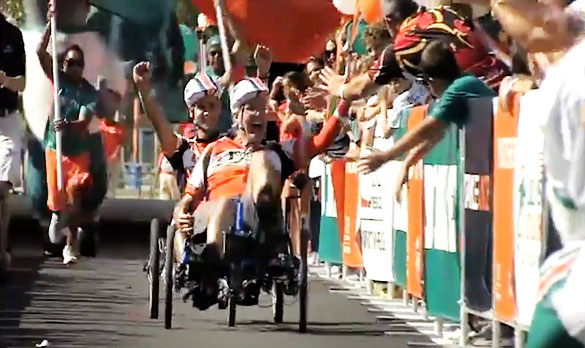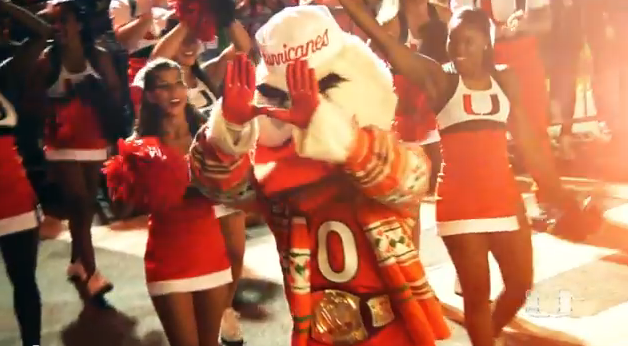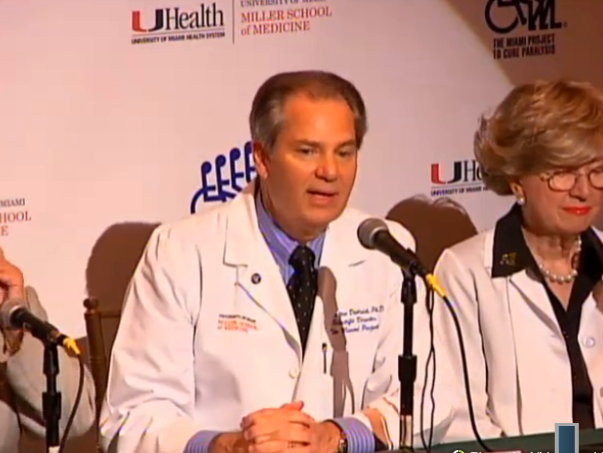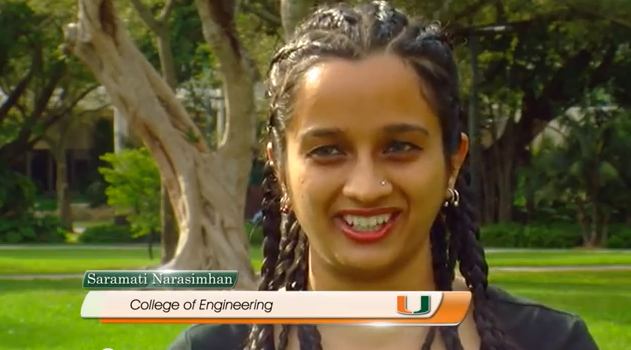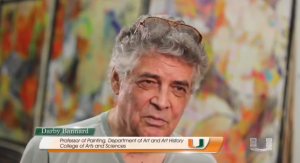Sharing Her Strength
Meet public health powerhouse Kristi Brownlee

Photo: Scott Fricker
Kristi Brownlee lights up when she talks about her younger sisters, ages 16, 12, and 3.
“They are the apples of my eye, the loves of my life,” she says. “It’s always been in my heart to try to be a role model for them. It’s hard enough being an African-American and being a woman, so if I can do just one thing to make my sisters’ paths a little bit smoother, then everything I do is worth it.”
Her own path from public high school in Memphis, Tennessee, to the University of Miami had some boulders.
“During the day, I would fill out college applications and draft personal statements,” she said during her address to attendees of this year’s UM Scholarship Donor Recognition Luncheon. “At night, I would secretly flush the Percocet tablets my mother abused down the drain and assure my sisters that our current circumstances were temporary.”
At her guidance counselor’s insistence, Brownlee applied for the Gates Millennium Scholarship. She got it, and others.
“Despite not knowing anyone upon my arrival, this University—its faculty, its staff, its culture of excellence, and its pride—made me feel like I was a part of the winning team,” recalled Brownlee.
At UM, she also found a sense of belonging. She joined the Yellow Rose Society, a service group focused on women’s empowerment and unity; the InterVarsity Christian Fellowship organization; and President Julio Frenk’s Presidential Task Force to Address Black Students’ Concerns, ultimately helping to develop diversity and implicit biases recognition trainings for students, faculty, and staff.
Now in the graduate phase of her public health dual-degree program at the School of Nursing and Health Studies, Brownlee is researching prevention interventions for adolescent substance abuse.
For her, the connections are critical. “I wouldn’t have been equipped to pursue addiction research if it weren’t for the time I spent helping my mother overcome hers,” she says. “If it weren’t for my exposure to racial and health disparities, being from an underserved neighborhood, I wouldn’t have been compelled to promote cultural competency and strengthen the inclusive nature of UM as a member of the Black Students’ Concerns working group.”
She has also come to see why people and organizations invested in her future—the way she is invested in the future of her sisters.
“I was chosen to be here because each and every twist and turn, each and every experience, each and every opportunity—it led to where I am today,” she explains. “It’s the reason my story resonates with people. I didn’t know it at first. My story? Me? I’m not important. But I get it now. All of that, it was for a reason.” —Robin Shear


 Follow
Follow

